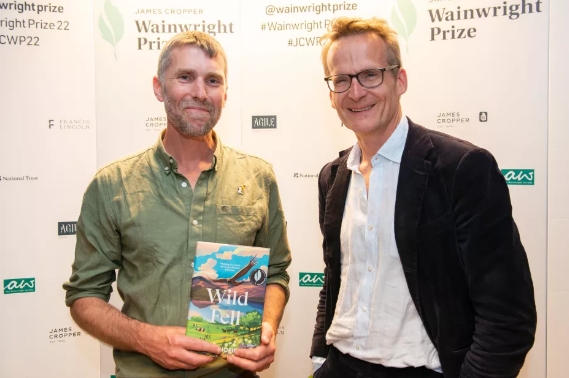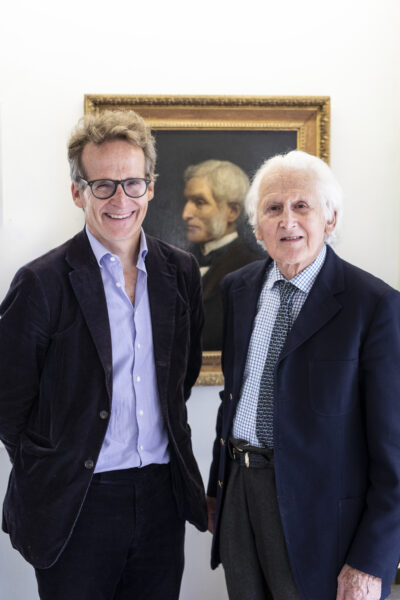Lee , whose book contains James Cropper paper, was in good company with the winners of the three nature writing prizes including David Attenborough cameraman James Aldred, BBC R4 presenter Dan Saladino and writer/ illustrator brothers Rob and Tom Sears.
Now in its ninth year, the Prize is named after much-loved nature writer and Kendal local Alfred Wainwright and is awarded annually to the books which most successfully inspire readers to explore the outdoors and to nurture a respect for the natural world. The winners were announced just weeks after the news that Alfred Wainwright’s coast-to-coast walk, which begins in the Lake District, is to be made a National Trail. The announcement comes with a commitment of £5.6m to upgrade the route and make it more accessible.










